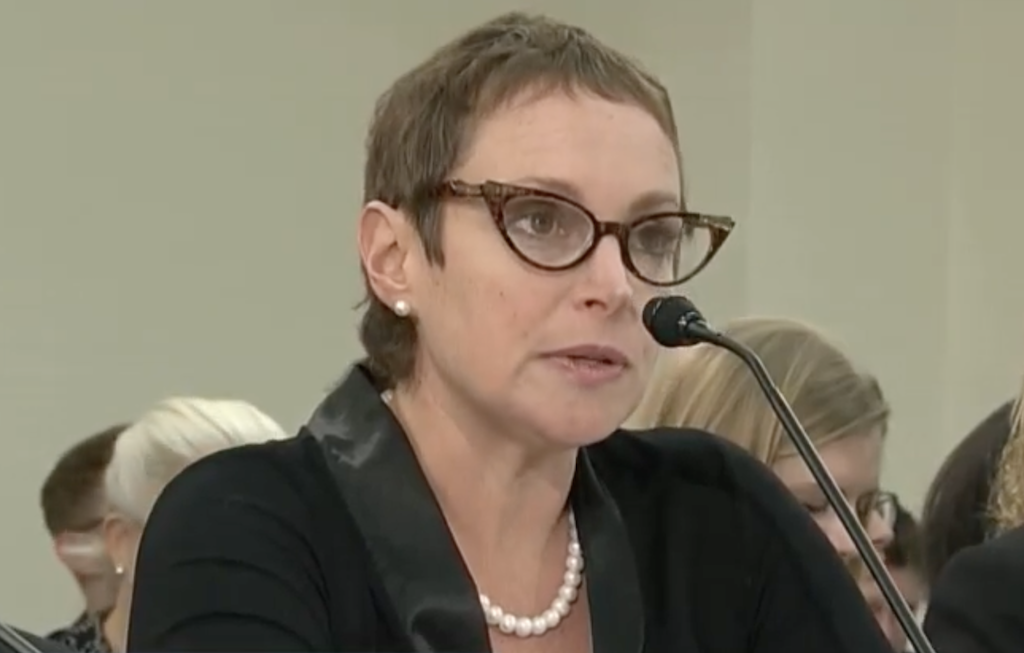Western States Face Uphill Battle in Broadband Deployment Despite BEAD
CTC Technology and Energy's Joanne Hovis also said broadband truly is a non-partisan issue.

WASHINGTON, March 17, 2024— Western states are at a disadvantage when it comes to deploying broadband infrastructure, despite billions in federal funding earmarked for the effort, Joanne Hovis, president of CTC Technology & Energy, said in an Ask Me Anything! session in the broadband community on March 8.
Hovis noted that the allocation formula used for the $42.5 billion Broadband Equity, Access, and Deployment program, part of the bipartisan infrastructure law, has resulted in significantly less funding for Western states compared to their Eastern counterparts.
In the comprehensive discussion with Broadband Breakfast Editor and Publisher Drew Clark, Hovis recounted her role as the prior chair of the National Association Telecommunications Officers and Advisors, a group of local communications regulators.
Hovis said that her work with NATOA gave her a window into the public sector’s role in broadband deployment.
She highlighted the critical role of public-private partnerships, which she defined as ventures with shared goals, risks, and benefits.
Such partnerships can significantly accelerate broadband deployment by leveraging the strengths of both sectors: Local governments often possess invaluable expertise in infrastructure development, while private companies bring to the table their operational and customer service prowess, she said.
Challenges in Western states
"The western states, the allocation formula was really challenging for them," Hovis said. "Wyoming got just over $300 million and think about the size of Wyoming and the complexity of all those mountains and smaller population doesn't mean it's cheaper or easier to build there."
Hovis expressed concern that even after the BEAD funds are exhausted, many areas in the West may still lack adequate broadband access. "Even at the end of all of this, no matter how hard everyone works, we're still as a nation not going to be done," she said.
Another significant takeaway from Hovis's insights is the growing recognition of broadband as a non-partisan issue, uniting communities across political divides.
From rural counties in Kentucky partnering with private companies like Charter Communications to build fiber networks, to states like California offering support and technical assistance to local governments and tribal entities, the nationwide push for broadband access showcases a united front rarely seen in today's polarized landscape, she said.









Member discussion